Implementing Flexible Work Arrangements A Journey in IT Staffing
In today’s dynamic digital landscape, organizations are increasingly recognizing the importance of adapting to changing work practices and the need for greater flexibility. With the rise of remote work, advancements in technology, and the desire for a better work-life balance, the concept of flexible work arrangements has gained significant traction.
In this blog post, we will delve into the journey of implementing flexible work arrangements within the IT staffing sector. We will explore the various benefits and challenges associated with this approach, as well as provide valuable insights and strategies for successfully integrating flexible work arrangements into your organization. From attracting and retaining top IT talent to fostering a culture of innovation and productivity, we will uncover the integral role that flexible work arrangements play in shaping the future of IT staffing. So, join us as we embark on this journey and discover how embracing flexibility can revolutionize the way we work in the IT industry.
The Benefits of Flexible Work Arrangements in IT Staffing
In the ever-evolving world of IT staffing, flexible work arrangements have emerged as a game-changing approach for organizations looking to attract and retain top talent. With the rise of remote work and advancements in technology, the concept of flexibility has gained significant traction and has proven to be highly beneficial for both employees and employers.
1. Work-Life Balance and Employee Satisfaction
One of the primary benefits of flexible work arrangements is the ability for employees to have a better work-life balance. This includes the flexibility to work from home, choose their own work hours, and manage personal commitments more effectively. By providing employees with the freedom to create a schedule that works for them, organizations can enhance job satisfaction and boost employee morale.
Example:
Take the example of an IT professional named Sarah. Sarah is a talented software developer who recently joined a company that offers flexible work arrangements. Prior to this, she felt constantly overwhelmed with the demands of her job and struggled to find time for personal commitments. However, with the option to work from home a few days a week, Sarah can now manage her work and personal life more efficiently. Consequently, she feels more fulfilled and motivated, which in turn enhances her productivity and loyalty towards her employer.
2. Increased Talent Pool
Traditional in-office work arrangements often limit organizations to hiring talent within specific geographic areas. However, by embracing flexible work arrangements, organizations can tap into a much larger talent pool that spans across different locations. This opens up a world of possibilities in terms of attracting highly skilled IT professionals from all over the world.
Example:
For instance, consider a small IT startup located in a rural area with limited access to top IT talent. By offering flexible work arrangements, they can widen their reach and recruit talented individuals from bustling tech hubs like San Francisco or New York City, without the need for relocation. This not only allows the company to acquire the specialized skills they require but also infuses diversity and fresh perspectives into their workforce.
3. Cost Savings and Productivity Gains
Flexible work arrangements can offer significant cost savings for organizations. By allowing employees to work remotely, organizations can reduce expenses associated with maintaining office spaces, utilities, and other overhead costs. Additionally, studies have shown that remote workers are often more productive, experiencing fewer distractions and optimizing their work time effectively. This increase in productivity translates to cost savings and enhanced efficiency for the organization.
Example:
A prime example of the cost-saving benefits of flexible work arrangements can be seen in the case of a large IT corporation. By adopting a remote work policy, they were able to downsize their office space, resulting in substantial savings on real estate costs. Furthermore, their remote employees reported higher productivity levels and demonstrated a stronger commitment to meeting deliverables, leading to improved overall performance.
4. Employee Retention and Talent Acquisition
In today’s competitive talent market, organizations must go the extra mile to retain their top IT professionals and attract new ones. Flexible work arrangements can be a powerful tool in achieving this. By offering flexibility, organizations show their commitment to employee well-being, which in turn fosters loyalty and reduces turnover rates.
Example:
Consider a scenario where a highly skilled IT engineer, John, is approached by two companies. Company A has a traditional in-office work culture, while Company B embraces flexible work arrangements. Both companies offer similar compensation packages and career growth opportunities. However, John, who values work-life balance, is more likely to choose Company B. The organization’s flexibility sends a clear message that they value their employees’ needs and are willing to accommodate them. This, in turn, enables Company B to attract and retain top talent like John, giving them a competitive edge.
Challenges and Strategies for Implementing Flexible Work Arrangements
While flexible work arrangements offer numerous benefits, they also come with unique challenges that organizations must address to ensure successful implementation. Here are some strategies to overcome these challenges and make flexible work arrangements work effectively:
1. Setting Clear Expectations and Communication Channels
To ensure a smooth transition to flexible work arrangements, it is crucial to establish clear expectations and maintain strong communication channels. This includes setting guidelines for work hours, availability, and deliverables. Regular check-ins and team meetings can help keep everyone connected and aligned.
2. Implementing Agile Project Management
Agile project management methodologies, such as Scrum or Kanban, play a crucial role in managing remote teams. These methodologies emphasize collaboration, adaptability, and transparency, ensuring that projects progress smoothly regardless of the physical location of the team members.
3. Investing in Technology and Infrastructure
To support flexible work arrangements, organizations must invest in robust technology infrastructure. This includes providing employees with reliable remote access to necessary systems and ensuring the availability of communication tools for seamless collaboration. Furthermore, cybersecurity measures must be strengthened to protect sensitive data in remote work environments.
4. Developing a Results-Oriented Culture
Flexible work arrangements require a shift from traditional “input-based” evaluation to a “results-oriented” approach. Organizations should focus on setting clear goals and measuring employees’ performance based on outcomes rather than the number of hours spent working. This fosters a culture of trust and empowers employees to work autonomously while achieving desired results.
In conclusion, implementing flexible work arrangements in the IT staffing industry offers significant benefits for both employees and employers. By providing work-life balance, increasing the talent pool, reducing costs, and enhancing employee satisfaction, organizations can gain a competitive edge in the talent market. However, it is crucial to overcome challenges through clear expectations, agile project management, technology investments, and a results-oriented culture. By embracing flexibility, organizations can revolutionize the way they work and shape the future of IT staffing.
As we conclude this blog post on implementing flexible work arrangements in the IT staffing industry, it is evident that embracing flexibility can revolutionize the way we work and shape the future of IT staffing. The benefits of flexible work arrangements are undeniable, from providing work-life balance and increasing employee satisfaction to expanding the talent pool and achieving cost savings and productivity gains.
However, successfully implementing flexible work arrangements requires addressing the unique challenges that come with this approach. By setting clear expectations and maintaining strong communication channels, implementing agile project management methodologies, investing in technology and infrastructure, and developing a results-oriented culture, organizations can overcome these challenges and make flexible work arrangements work effectively.
At VorTek Systems, we understand the importance of adapting to changing work practices in the dynamic digital landscape. With over 20 years of expertise in the IT sector, we excel in connecting organizations with top IT talent across various levels and roles. Our commitment to addressing the rapidly evolving demands of the digital arena, including development, cybersecurity, AI, and networking, is evident in our rigorous screening processes and comprehensive understanding of the field.
As a leader in IT staffing, VorTek Systems is bridging the gap between complex challenges in the information systems sector and innovative talent solutions. Our approach is characterized by agility, adaptability, and foresight, keeping us ahead in the digital landscape. We are committed to helping organizations navigate the journey of implementing flexible work arrangements and embracing the advantages they offer in attracting and retaining top IT talent, fostering a culture of innovation and productivity, and shaping the future of IT staffing.
Join us at VorTek Systems as we continue to lead the way in IT staffing, embracing flexibility and revolutionizing the way we work in the industry. Together, let us shape the future of IT staffing and drive success in the digital era.





